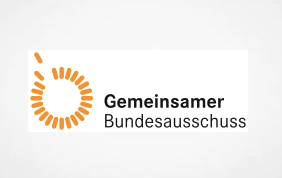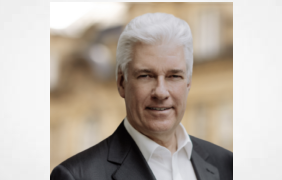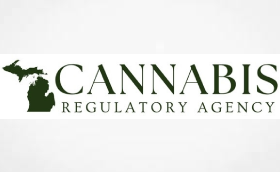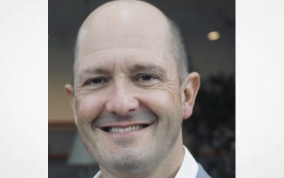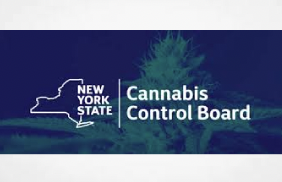Business of Cannabis reports
Germany’s Federal Joint Committee (G-BA) last week proposed significant changes to the medical cannabis prescription process, set to have a major impact on the country’s already booming market.
Germany’s private or ‘self funded’ medical cannabis market has exploded since the introduction of CanG on April 01, which removed cannabis from the list of narcotics alongside a swathe of major bureaucratic hurdles, with some suggesting the market has already expanded between 80%-100% since last year.
Despite this, the number patients receiving reimbursement for their prescriptions under Statutory Health Insurance (GKV), which covers around 90% of the population, has remained relatively flat.
However, should the proposals of the G-BA be approved by the Ministry of Health, this could be about to change, seeing an estimated more than 70% of German practicing physicians given the power to prescribe reimbursed medical cannabis without the prior approval of the statutory health insurance companies.
Sven-Roger von Schilling, the Chief Financial Officer of Grünhorn, the umbrella brand for the largest cannabis network in Germany, told Business of Cannabis: “It’s going to have a major effect on basically the entire German market, because suddenly the statutory health insurers are required to pick up the cost of medical cannabis.”
What happened?
On July 18, the G-BA approved proposals that would fundamentally change the process by which doctors can prescribe medical cannabis.
Until now, to receive an initial prescription for a cannabis product that qualifies for reimbursement through GKV, prescribing doctors had to first get approval from the patient’s health insurance company.
Mr Schilling explained: “So far, the health insurers have been very reluctant to pay for medical cannabis.That’s why, for example, Grunhorn had approximately 90% of prescriptions we dealt with from self payers or private prescriptions, versus approximately 10% reimbursed prescriptions.”
This ratio has swung even further towards the private market since April 01. Christiane Neubaur, pharmacist and Managing Director of the Association of Cannabis Supply Pharmacies (VCA), told Handelsblatt, that when cannabis was still part of the Narcotics Act, this ratio was around 60% private to 40% reimbursed. Since April 01, this has shifted to 80% private and 20% reimbursed.
Under the new directive, the G-BA has determined a broad list of specialist practitioners who would be able to prescribe medical cannabis without the prior approval of the health insurance company.
The Ministry of Health will now have two months to raise any legal objections to the proposals, after which time it will automatically be published in the Federal Gazette, effectively passing it into law.
According to Mr Schilling, ‘typically, these resolutions from the G-BA do not get objections from the Ministry of Health because it is a committee made up of experts and stakeholders of the medical sector’.
“It is a fair assumption that the resolution of last week will be released in the Federal Gazette two months down the road.”
Who will be able to prescribe without health insurance approval?
A total of 16 specialist and specialty titles, along with five additional titles, have been listed, which the G-BA assumes ‘can conclusively assess the requirements for a cannabis prescription’, and prescribe without health insurance approval
Read More
